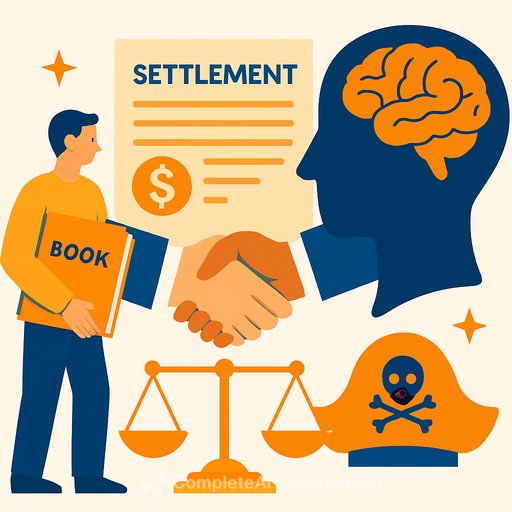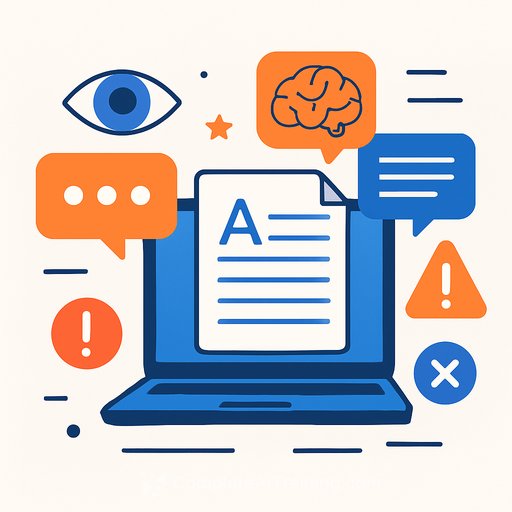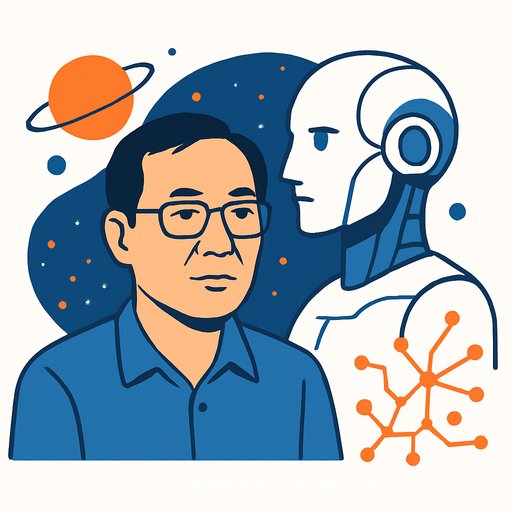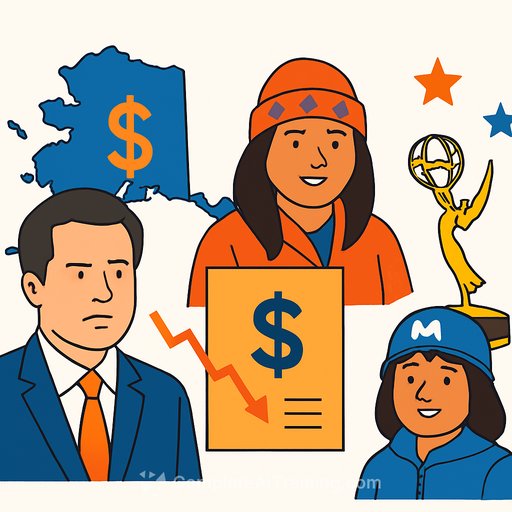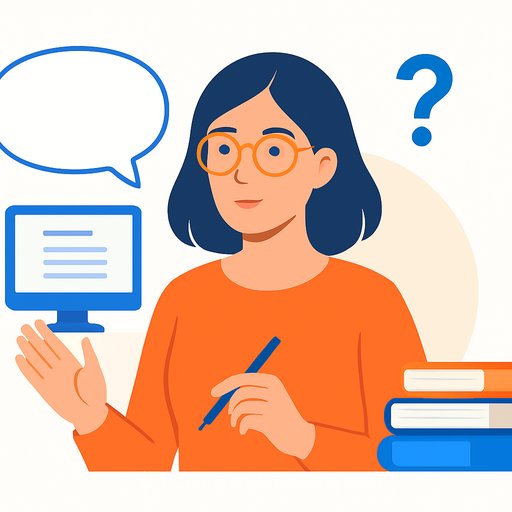Anthropic Agrees to NZ$2.54 Billion Settlement in Copyright Lawsuit
Anthropic, an artificial intelligence company, has reached a NZ$2.54 billion settlement to resolve a class-action lawsuit filed by book authors. The authors accused Anthropic of using pirated copies of their works to train its AI chatbot, Claude. This settlement, pending judicial approval, could set a key precedent for future legal disputes involving AI firms and creators concerned about copyright violations.
Settlement Details and Legal Background
Under the proposed agreement, Anthropic will pay approximately NZ$5000 for each of an estimated 500,000 books included in the settlement. This marks what legal experts consider the largest copyright recovery in the context of AI development so far. The lawsuit originated last year when authors Andrea Bartz, Charles Graeber, and Kirk Wallace Johnson filed suit, representing a larger group of writers and publishers.
A federal judge's earlier ruling in June determined that while training AI on copyrighted books is legal under fair use, Anthropic unlawfully obtained millions of books through pirate websites. The company downloaded over 7 million digitised books from sites like Books3, Library Genesis, and the Pirate Library Mirror, many of which were pirated.
Impact on Anthropic and the AI Industry
Legal analysts estimate that had the case proceeded to trial, Anthropic faced potential losses in the billions, which could have jeopardized the company’s survival. The settlement also requires the destruction of the pirated book files. Anthropic emphasized its commitment to developing safe AI tools that assist users in various fields, including scientific research and problem-solving.
Anthropic's valuation recently reached US$183 billion after raising US$13 billion in funding, with projected sales of US$5 billion this year. However, like many AI startups, the company has yet to report profits and relies heavily on investor support.
Reactions from Authors and Advocacy Groups
The Authors Guild praised the settlement, highlighting that it sends a strong message to AI companies about the consequences of using unauthorized works. They noted the settlement amount per book exceeds previous damage estimates, reflecting the seriousness of the infringement.
Meanwhile, the Danish Rights Alliance expressed mixed feelings, welcoming the financial repercussions but cautioning that such settlements might be seen by tech companies as just a cost of doing business. Many European authors may not benefit directly, as their works are often not registered with the US Copyright Office.
Broader Legal Implications
This settlement may influence other ongoing lawsuits involving AI companies like OpenAI, Microsoft, Meta, and Midjourney. Notably, a new lawsuit against Apple was filed in the same court shortly after the Anthropic agreement was announced, indicating that creators may seek similar resolutions without prolonged court battles.
US District Judge William Alsup’s June ruling supported the idea that training AI on copyrighted texts can qualify as fair use, describing it as a transformative process. However, the judge also condemned Anthropic’s use of pirated sources, which cast doubt on the company's internal practices.
Changes in Anthropic’s Data Acquisition Practices
Documents revealed Anthropic employees had concerns about the legality of downloading pirated books. In response, the company shifted to legally acquiring books by purchasing physical copies, digitizing them, and then using those digitized versions for training. This approach aligns with copyright law but does not negate the earlier violations.
What This Means for Writers
For writers, this settlement underscores the importance of protecting intellectual property rights in the AI era. It highlights the risks of unauthorized use of creative works and demonstrates that legal avenues exist to hold AI companies accountable.
Authors and publishers should stay informed about how AI companies source training data and advocate for transparent, fair practices. Understanding these legal developments can help writers navigate the challenges posed by AI technologies in content creation and copyright enforcement.
Writers interested in learning how AI tools are evolving and how to work effectively alongside them can explore resources such as Complete AI Training’s courses for writers.
Your membership also unlocks:

